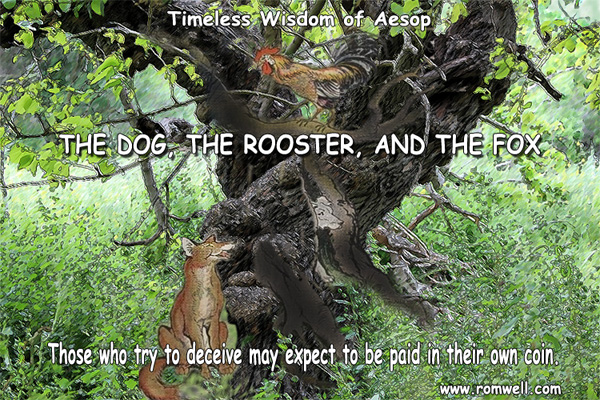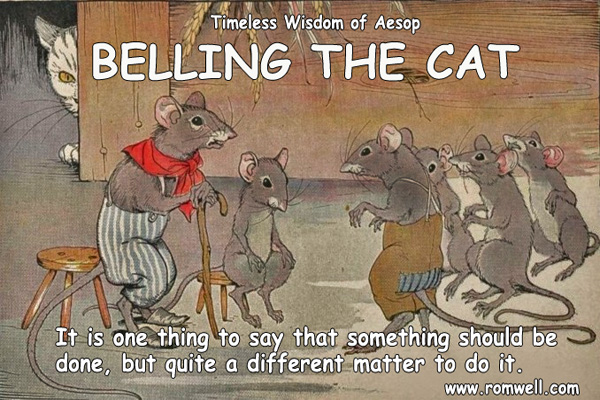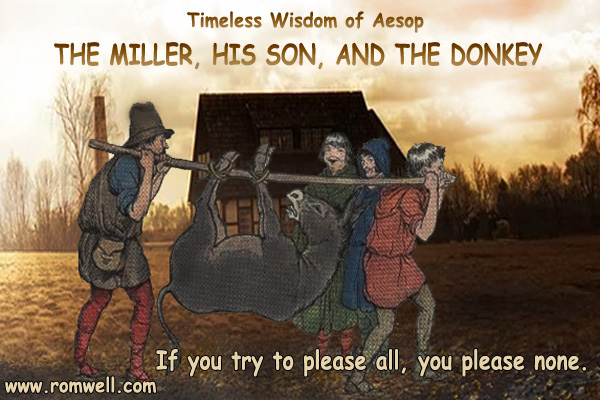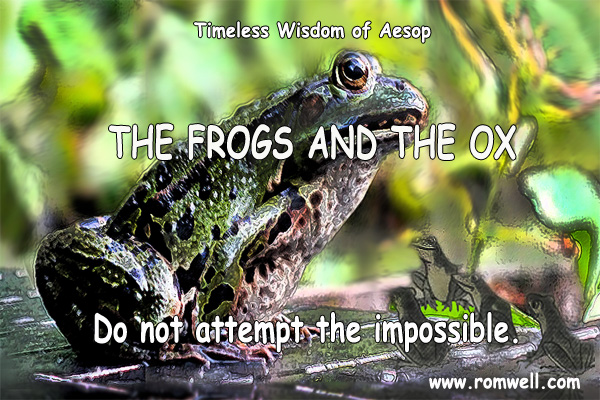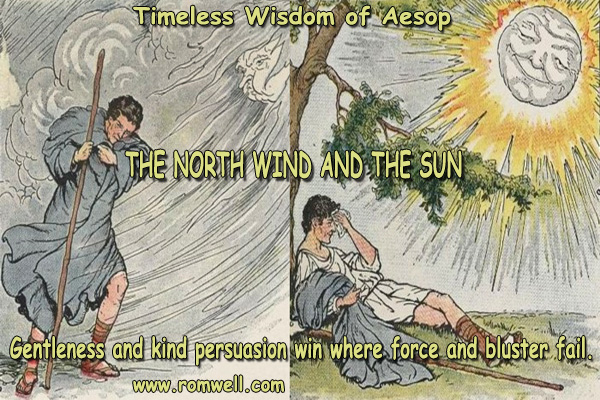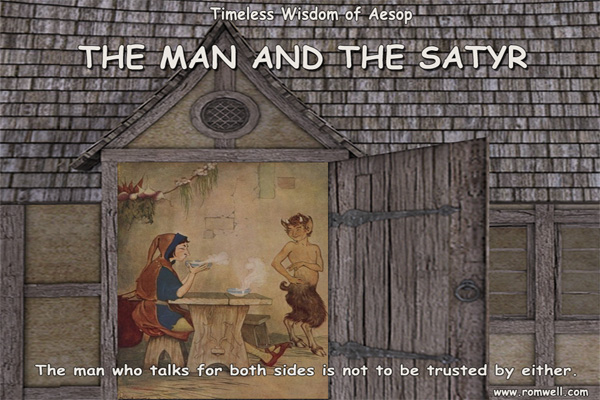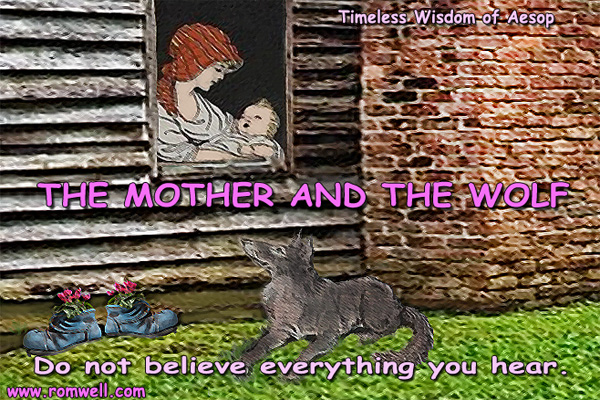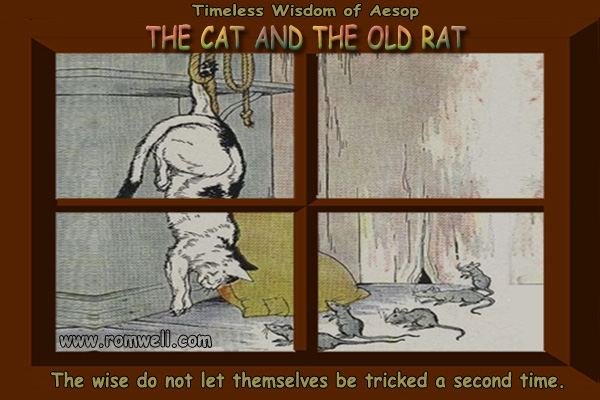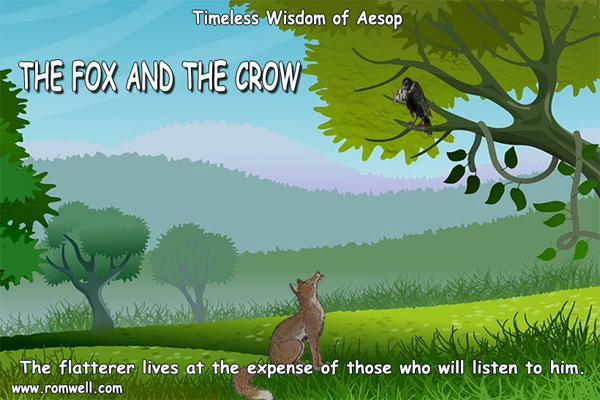Books
Aesop
Aesop Fables
Timeless Wisdom of Aesop
Aesop Fables (also known as Aesopica) are collection of well-known fables credited to Aesop, a slave and storyteller believed to have lived in ancient Greece between 620 and 564 BCE. Since the purpose of the fable is not merely to entertain but especially to point some general truth or to draw a helpful lesson, no two versions of the same Aesop's fable are exactly alike. Aesop Fables have been popular throughout history, and remain a popular choice for children's moral education that continues to this day.
In their earliest use Aesop Fables were related to the folklore current among all peoples who lived at that time as the creation of Aesop was the answer to a need for trenchant delineations, but veiled, characterization of men and measures in the dangerous times of the Tyrants.
In mirth-provoking utterances, quite apart from personal criticism, things could be intimated with all the force of specific judgments, yet in such veiled form that to resent them was tacit confession that they applied. Later on, when free speech became safer, the grammarians and rhetoricians raised these clever, pithy stories to the literary form they have since maintained.




